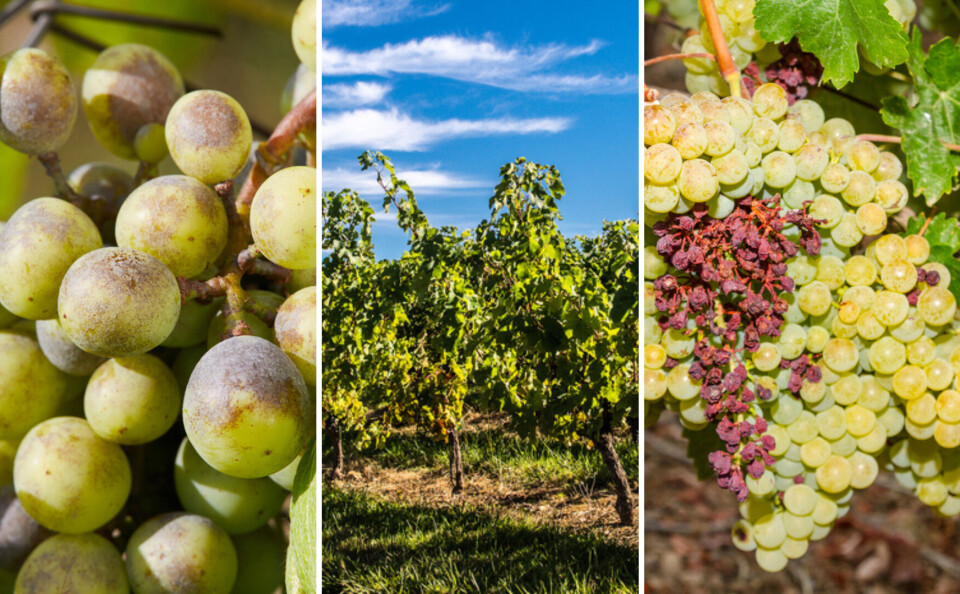-
Social charges on UK government pensions: France residents report progress
Issue now drawing attention at the highest levels
-
Good news for many micro-entrepreneurs in France: plans to lower VAT threshold rejected by Senate
Vote reverses proposal to lower tax exemption thresholds for self-employed workers
-
EasyJet expected to expand Bordeaux coverage in summer 2026
Aircraft have been redistributed following the closure of Toulouse hub
French vineyards are being paid to tear up their vines
10% of Bordelais vines are set to be uprooted to help fight mildew and overproduction

10% of grapevines in the Bordelais region are set to be uprooted to help prevent the spread of parasites and to eliminate overproduction.
Mildew has become a major concern for wine growers in the Bordelais region of Gironde (Nouvelle-Aquitaine). They have also long been in favour of collective action to help fight over-production.
In December 2022, local growers formed a collective called Collectif VITI 33, whose stated aim was for 15,000ha of vines to be uprooted.
Their campaign was a success: in June 2023 the French government and the European Commission agreed to the uprooting of 9,500ha of vines and to compensate growers with €6,000 per hectare.
The total cost of the project is €57m, shared between the state, the Nouvelle-Aquitaine region and the Bordeaux wine Bureau CIVB.
Growers will have to commit to uproot the vines - which must have been in place for at least five years - and reforest the area within two years
The newly reforested area will have to remain forested for twenty years.
Applications for the scheme began on November 16. For more information on the scheme, consult its (in French).
Why uproot grapevines?
Overproduction of wine harms growers in several ways:
- The sale price is lower
- It requires more work
- Diseases and parasites spread more easily
In 2022, around 1 million hectolitres of wine made in the Bordelais region went unsold. The great majority of this came from less prestigious vineyards.
However a principal reason for the European Commision to finance the grapevines’ destruction was to stop the spread of parasites.
In July, the Gironde Chamber of agriculture announced that 90% of vines were affected by downy mildew.
The spread of this fungus, which grows on both the leaves of the vines and on the grapes themselves, has been made worse by the long, hot summers of recent years.
Fewer vines may make it easier for growers to treat mildew.
The last time growers in Gironde had to resort to this measure was in 2004, when 10,000ha were uprooted. However, it has a history that predates France.
The first organised uprooting of grape vines in the province that would become France was ordered by the Roman Emperor Domitian in 92AD.
Even then, overproduction was a problem, particularly for growers in Italy, whom the Emperor wished to protect by ordering other provinces of the empire to decrease production.
Read more:
‘Why this was my most challenging harvest as a winemaker in France’























